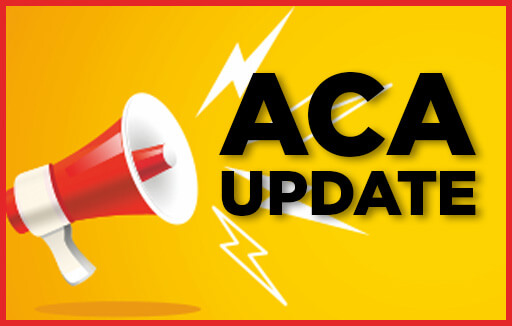The U.S. Department of Health and Human Services (HHS) has issued a final rule that broadens the interpretation and application of the nondiscrimination rules under Section 1557 of the Affordable Care Act.
These changes will impact some employer-sponsored group health plans considered “Covered Entities” that receive federal financial assistance directly or indirectly from HHS.
Notably, this updated rule recognizes the growing importance of telehealth and patient care decision support tools, applying nondiscrimination protections to the use of these technologies. The final rule also implements requirements for providing language assistance services to individualswith limited English proficiency. In addition, the final rule recognizes that protections against discrimination on the basis of sex include sexual orientation and gender identity, consistent with the U.S. Supreme Court’s holding in Bostock v. Clayton County.*
New requirements for Covered Entities:
- Create and implement civil rights and grievance policies and procedures
- Designate a Section 1557 coordinator
- Provide training on the required policies and procedures to staff
- Post and provide annual notice of nondiscrimination and inform individuals of their civil rights under Section 1557
- Post and provide annual notice of availability of language assistance services and auxiliary aids and services
- Protect against discrimination resulting from artificial intelligence (AI) decision support tools
- Expand language access in telehealth
The HHS website provides a definition of Covered Entity as well as provider obligations, implementation dates, resources for Covered Entities, sample notices, fact sheets and answers to frequently asked questions. Find those resources here.
*At the time of this writing, a court in Mississippi has issued a nationwide injunction and stay on portions of recently released regulations under ACA Section 1557. In addition, several states have sued HHS seeking to block it from enforcing the regulations and to stay the effective date, arguing that the regulation’s redefinition of sex discrimination was, among other things, unlawful under the Administrative Procedure Act (APA). Employers and their advisors will need to parse the regulations to determine which provisions apply after these court decisions. To the extent that a provision has been stayed, statutory language and the 2020 regulations (minus certain portions previously set aside by courts) remain in effect.
For questions on compliance and whether you are affected, please reach out to your Account Manager.
